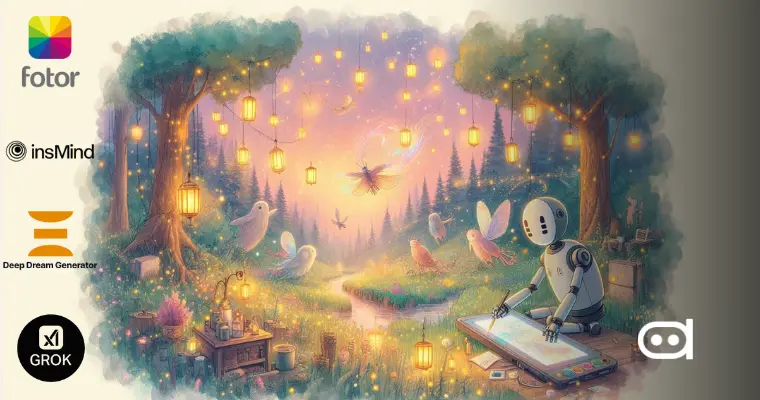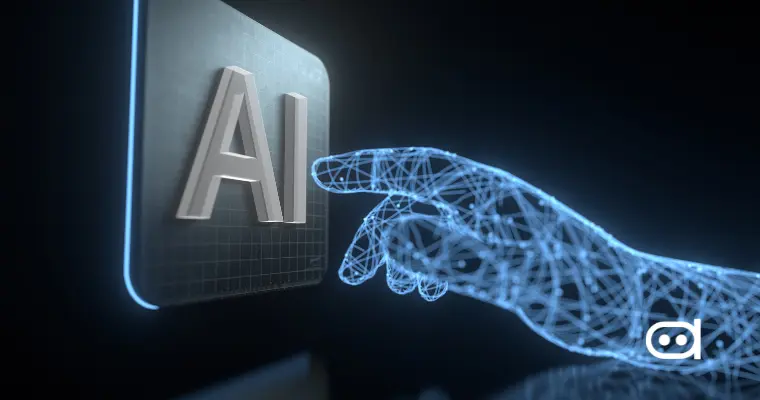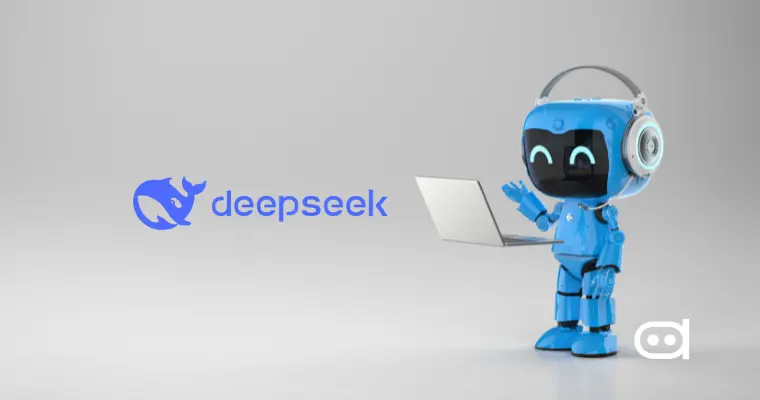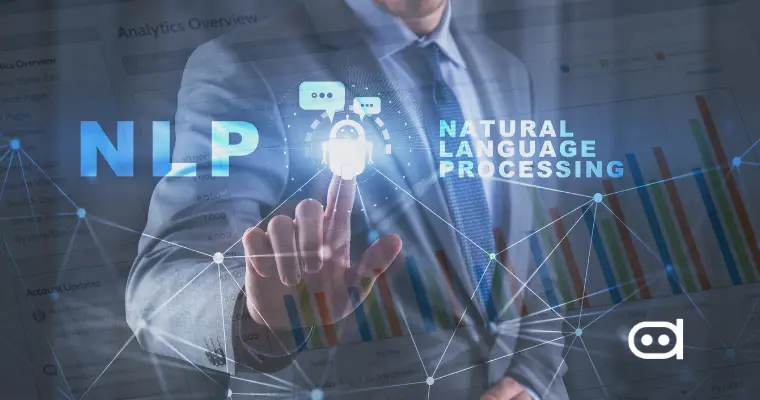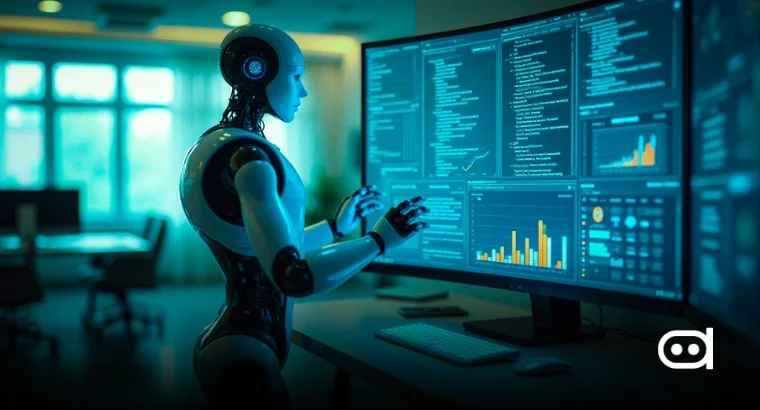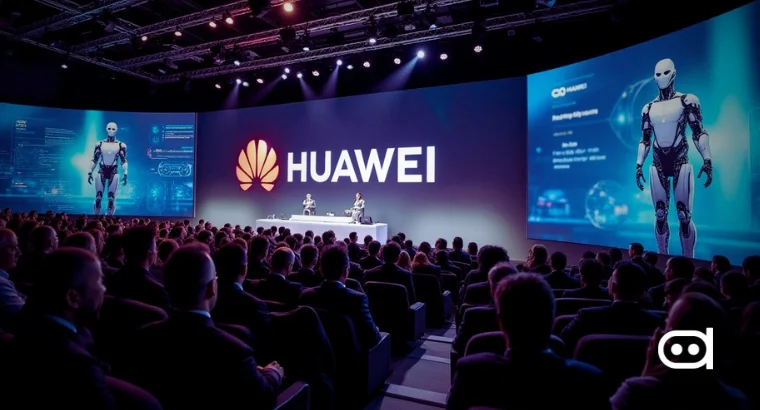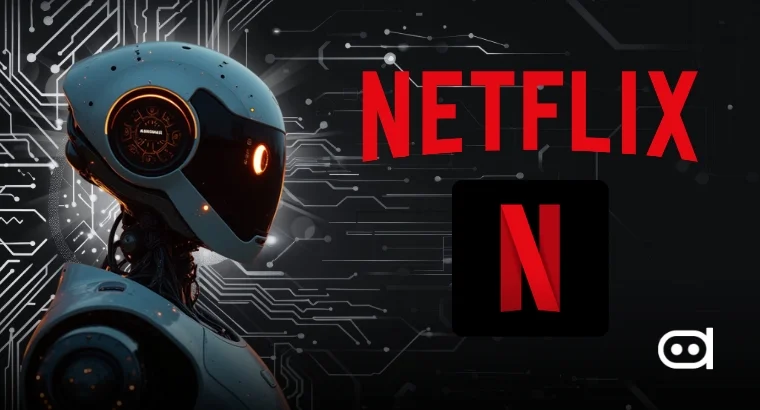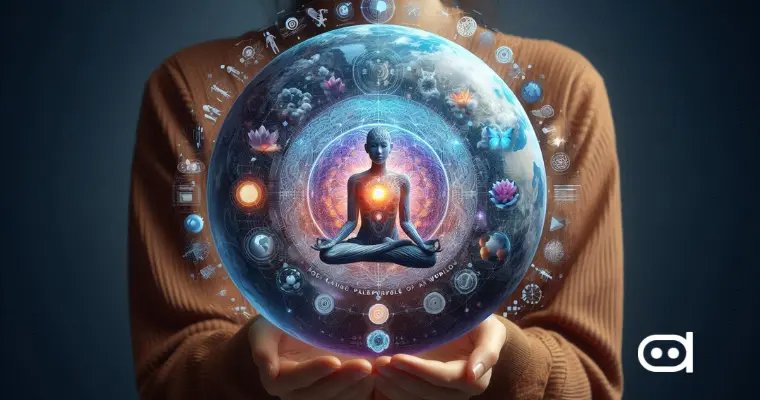
In the age of artificial intelligence, it is clear that our world has become hyperconnected, and technology is a big part of our daily lives, raising the debate around the intersection of spirituality in AI . The quick expansion of AI, from personalized assistants to emotional support bots, has slowly changed how we experience reality, learn about ourselves, and inquire into a more profound sense of life.
This article explores the impacts of technology on spirituality by understanding its applications, expectations, and challenges. We’ll examine how AI can facilitate personal development, foster mindfulness, and shape virtual spiritual communities while also cautioning against the risks of overdependence on machines for emotional and existential fulfillment.
Understanding Spirituality in the Digital Age
Spirituality in technology refers to the pursuit of inner peace, purpose, and camaraderie in a world branded by screens, algorithms, and instant communication. It’s not restricted to traditional religious practices but opens up to mindfulness, consciousness, empathy, and the quest for transcendence amid daily interaction with AI in our spiritual lives.
As digital transformation accelerates, our relationships—with others and ourselves—are often mediated through apps, social media, and virtual experiences. While technology can deliver meditative sounds or therapy sessions at the touch of a button, it also presents distractions that fragment our attention and disconnect us from the present moment.
Mindfulness and conscious technology adoption have become key themes in the digital spiritual journey. For example, turning off notifications during meditation, using blue light filters to support circadian rhythms, or engaging with purpose-driven content rather than doom-scrolling are all acts of digital mindfulness. The relationship between tech and spirit is not inherently negative – the intent and awareness behind the use determines its value.
How AI is Transforming Spiritual Growth
Slowly but surely, spirituality in AI is establishing itself. It is moving toward becoming a digital partner for personal growth, from helping meditation to encouraging emotional self-reflection. It has acted as a guide, a mirror, and, at times, a comfort in its capacity to support individuals in complex situations.
AI-Powered Meditation and Mindfulness Apps
AI-enabled applications like Headspace, Calm, and Insight Timer use ML to make personalized meditative session recommendations based on user behavior. Over the long term, these platforms will evolve to help users through stress, anxiety, and self-awareness exercises. In data analysis, sleep, heart rate, and mood are integrated into AI to assist in a deeper understanding of mindfulness practice.
AI-Guided Therapy and Emotional Well-Being
Applications like Woebot and Wysa use AI for cognitive behavioral therapy (CBT) for mental health. These bots allow users to indulge in meaningful conversations with them, offering them techniques for coping and emotional or internal insight. Such tools help users reflect upon and reframe thoughts to help them face personal life challenges without human therapists.
AI in Personalized Spiritual Coaching
There are also many advice platforms that are emerging due to the intersection of technology and spirituality. For example, JesusTxt sends daily biblical reflections according to AI-generated themes. This shows how AI can serve as a bridge between tradition and personalization.
AI in spiritual coaching is also expanding into voice assistants that offer meditative affirmations or prayer reminders. Some apps integrate astrology, breathwork, and journaling prompts based on user data to align guidance with emotional states. These increasingly interactive tools allow users to engage in dynamic spiritual dialogues with AI that feel conversational and thoughtful.
Virtual Spiritual Communities
Online communities around AI in spirituality are forging a new global connection based on shared spiritual values. Whether through Discord servers, Reddit threads, or metaverse temples, people connect with others like them. AI moderates discussions, suggests content, and even generates meditative environments in virtual reality (VR) and, thus, brings about such inclusive spiritual ecosystems.
AI and Consciousness Research
AI is also drawing some interest in spiritual and philosophical discourses. Can AI be aware of itself? While AI simulates cognitive processes, it is highly debated whether it will ever experience spiritual awareness. Still, it pushes humanity to better understand what consciousness is.
Consciousness research in AI explores the boundaries between machine cognition and human awareness. Studies are being conducted to simulate introspective reasoning and subjective experience in AI systems, although no artificial system has yet achieved true self-awareness. The philosophical implications of such research challenge our understanding of what it means to be sentient, urging deeper inquiry into the nature of mind and existence.
The Dark Side of AI and Its Impact on the Soul
Exploring the spiritual implications of AI reveals both opportunities and challenges. Over-reliance on AI for emotional and spiritual guidance comes with risks. Digital interfaces become substitutes for inner reflection or community connection, cutting their users off from real experience. AI lacks real empathy as it can only mimic understanding but cannot feel.
Mindless engagement with AI-mediated tools can surely lead to what some people call “spiritual bypassing,” where deep emotional work is avoided by comforting oneself with too much soothing content. In this way, spiritual growth is optimized algorithmically instead of genuinely felt.
Digital distractions are gradually becoming the latest concern. Notifications, apps, and feeds continually draw attention away from spiritual awareness so that mindfulness is not achieved. Without deliberate use, technology eats at the very stillness that spirituality desires to create.
To understand more about this, Pujya Brahmvihari Swami highlights the need for transparency, accountability, and responsible AI use to prevent manipulation and misinformation. Watch the video here.
Future of Spirituality in a Tech-Driven World
While AI might never truly acquire a deep human experience of consciousness in the future, it will likely have a foundation that promises to support spiritual growth. Already, one would think that technologies such as neural nets, brain-computer interfaces, and other similar innovations will produce an experience where meditative states can be easily incorporated with digital feedback systems. Current trends point toward immersive spiritual experiences in the metaverse, deeper personalized spiritual content, and increased collaboration between technologists and spiritual leaders. There’s growing interest in developing ethical AI that aligns with human values, emotional intelligence, and perhaps even spiritual sensibilities.
Will AI ever develop consciousness or spiritual awareness? Not perhaps in the human sense. Yet, it could possibly mirror our values and accentuate our mission when designed with intention.
Final Thoughts
Technology and spirituality do not belong to opposite worlds. Thus, once carefully applied, AI-driven spirituality makes space for self-awareness, emotional growth, and community building. It can also act as a nurturing guide to support people on their journeys, invoking contemplation, presence, and intent in the day-to-day. Offering opportunities for virtual meditation spaces and customized affirmations that encourage inner development with little human intervention, AI holds much potential. Tools like an AI humanizer tool, for instance, aim to make digital interactions feel more empathetic and aligned with human values, bridging the gap between cold automation and meaningful connection. The tools we use should serve us, not define us. We must remain vigilant in ensuring our interactions with technology are purpose-driven, respectful of our inner lives, and supportive of our spiritual aspirations. Let us embrace AI not as a crutch but as a catalyst for deeper purpose, intentional living, and spiritual resilience in an ever-changing world.
